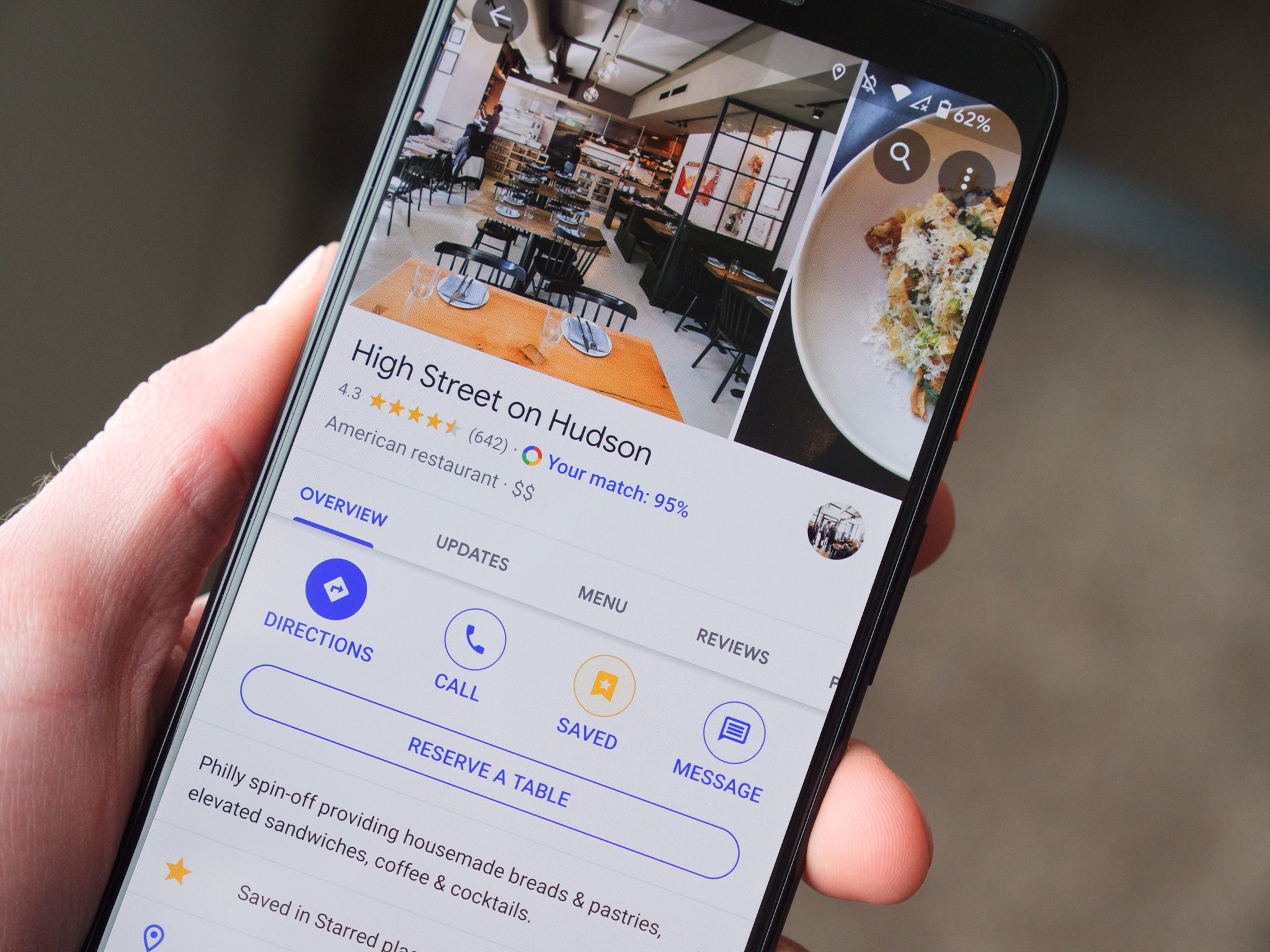Understanding Local SEO
Local SEO (Search Engine Optimization) is the process of optimizing a business’s online presence to attract local customers. It helps companies to rank in location-based searches, making them more visible to people searching for products or services nearby.
How Local SEO Works
When users search for businesses “near me” or in a specific city, Google considers factors like relevance, distance, and prominence to display results. Local SEO ensures your business appears in these searches by optimizing your website, Google My Business profile, and local citations.
Key Elements of Local SEO

1. Google My Business (GMB) Optimization
- Claim and verify your Google My Business profile.
- Ensure accurate business name, address, phone number (NAP), and hours.
- Add high-quality photos and business categories.
- Regularly post updates and respond to reviews.
2. Local Keyword Optimization
- Use location-specific keywords like “Miami real estate agent” or “best plumber in Chicago.”
- Optimize page titles, meta descriptions, and content with local keywords.
- Create location-based landing pages if serving multiple areas.
3. Online Reviews and Ratings
- Encourage satisfied customers to leave positive reviews on Google, Yelp, and Facebook.
- Respond professionally to all reviews, both positive and negative.
- Reviews help build trust and improve ranking in local search results.
4. Local Citations and Directories

- List your business in local directories like Yelp, Yellow Pages, and industry-specific sites.
- Ensure NAP consistency across all listings to avoid confusion.
- High-quality citations improve credibility and search rankings.
5. Mobile-Friendly and Fast Website
- Most local searches happen on mobile devices, so ensure your site is mobile-responsive.
- Improve loading speed for better user experience and rankings.
- Include click-to-call buttons and embedded Google Maps for easy navigation.
6. Localized Content Marketing
- Write blog posts about local events, news, or industry updates.
- Create case studies showcasing past work in specific locations.
- Use geo-tagged images and local storytelling to engage audiences.
7. Backlinks from Local Sources
- Partner with local businesses for cross-promotions and backlinks.
- Sponsor local events or charities to gain local mentions.
- Get featured in local news articles or business directories.
Why Local SEO Matters
- Higher Visibility: Increases chances of appearing in Google’s Local Pack and Maps.
- More Traffic & Leads: Attracts potential customers who are actively searching for services.
- Competitive Edge: Helps small businesses stand out against larger competitors.
- Increased Trust: Positive reviews and accurate information build credibility.
Conclusion
Local SEO is a game-changer for businesses looking to connect with local customers. Companies can improve their search rankings and drive more traffic by optimizing Google My Business, using location-based keywords, and managing online reviews. If you’re not investing in Local SEO, you’re missing valuable opportunities to grow your customer base.







